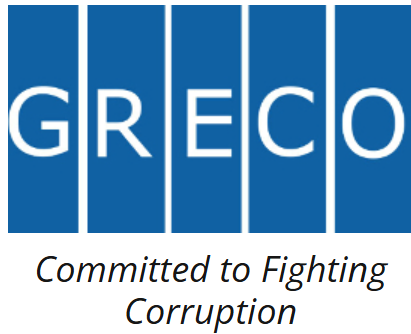By Dan Byrne for AMLi
A ROMANIAN MAN HAS been sentenced to four and a half years behind bars in Ireland for laundering the proceeds of an “enormous, lucrative” criminal network.
Calin Scintei (28) – who has twelve previous convictions – was handed his sentence in a Dublin court Monday.
He is suspected of laundering over €750,000 in criminal proceeds with the help of 27 bank accounts and five fake companies.
At the sentencing, Judge Martin Nolan acknowledged that Scintei did not have the profile of a “master criminal,” but that he was “certainly a busy criminal… with intelligence, charm and guile” – all of which he had used in his criminal dealings.
Scintei has an address in an up-market northern suburb of Dublin, and used fake ID cards from Ireland, the UK and Romania so set up bank accounts throughout the country.
He is understood to be part of a wider network that laundered over €1.5M from various criminal scams – some large, some small – that took place across Ireland.
One such scam involved “fake texts” from legitimate organisations, meant to swindle personal details from unsuspecting consumers. One Irish woman fell victim to this scam and lost almost €10,000 after believing she was being contacted by Irish tax authorities about a refund.
Another scam saw Scintei and an accomplice defraud Tesco Supermarkets – one of the major grocery chains in Ireland.
For this, they crafted fake gift cards and used them to buy expensive items such as whiskey, champagne, and household goods that the retailer sells at its bigger stores.
Yet another scheme involved the manual penetration of ATM machines in the east of Ireland and theft of cash inside.
Scintei was a “cog in an enormous, lucrative wheel” who, despite the amounts he laundered, was paid a very modest amount for his services, according to Senior Counsel Dean Kelly.
Meanwhile, Detective Superintendent Michael Cryan of the Irish police force’s fraud bureau, told RTE news that the case was a “good example,” of the strategy that Irish authorities take to tackle criminals who are involved in all types of cyber-enabled frauds.
Share this on:
Follow us on:








